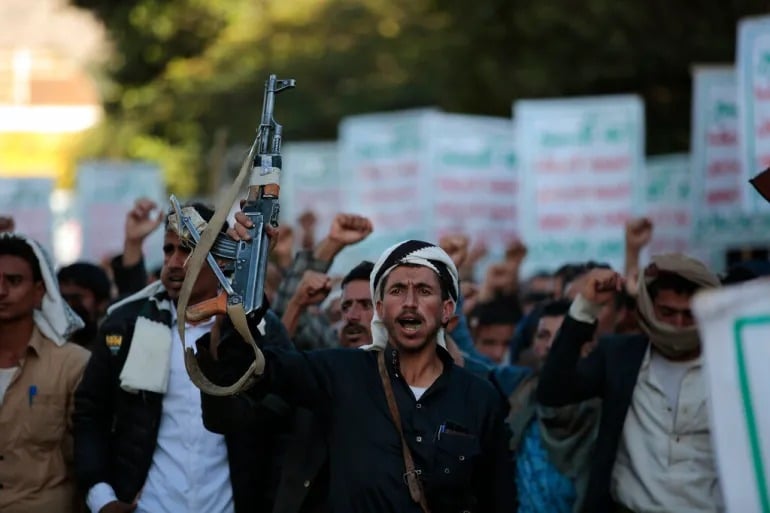A retired Pakistani army general, Inam-ul-Haq, has exposed significant divisions within the Taliban, highlighting a rift between the Haqqani Network and the Kandahar faction. In an article for the Express Tribune, Haq discussed how disagreements over the Tehreek-e-Taliban Pakistan (TTP), girls’ education, Pakistan relations, and governance are intensifying the divide within the insurgent group.
According to Haq, the Haqqani Network has long-standing ties to North Waziristan and Pakistan’s tribal areas, playing a pivotal role in hosting the TTP during the Taliban’s resistance against foreign and Afghan forces, with backing from Pakistan and the ISI. However, Haq emphasized that the Haqqanis have retained autonomy within the Taliban, with Loya Paktia under their control never being forcibly integrated into the Kandahar-dominated Islamic Emirate of Afghanistan (IEA).
The Haqqani Network’s pragmatic approach, which includes engagement with Pakistan, the ISI, and even the US, stands in contrast to the more rigid stance of the Kandahar faction. Haq pointed out that the Haqqanis’ flexibility is rooted in their historical experiences, particularly during the Soviet war.
The rift between the two factions is further exacerbated by their differing views on the TTP. Kandahar perceives the TTP as a destabilizing force that jeopardizes Kabul-Pakistan relations, but lacks the ability to curb its influence due to the power held by the Haqqani Network. Haq noted that while the Haqqanis recognize the TTP’s military potential, they are reluctant to relinquish control over the group, with Sirajuddin Haqqani’s recent absence and foreign trips signaling his frustration with the Kandahar faction.
As tensions rise, the cohesion of the Taliban as a unified entity faces growing challenges. Haq warned that the Haqqanis’ pursuit of independent ties with regional and Western countries, combined with Kandahar’s efforts to assert dominance, could lead to further estrangement within the Taliban leadership.
In response to these growing divides, Haq advised Pakistan to adopt a comprehensive strategy. This should include sustained religious diplomacy with the Kandahar faction, international efforts under the Doha Agreement, discreet military action on both sides of the border, a firm anti-terrorism stance domestically, and an exit route for the Haqqanis from their current predicament.
Haq also cautioned that unresolved tensions over the TTP could eventually test Pakistan’s patience, with the potential to destabilize the region further. He warned that a coalition of ex-mujahideen, disaffected Taliban members, and remnants of the prior Afghan government could form, possibly leading to another shift in power within Kabul.





